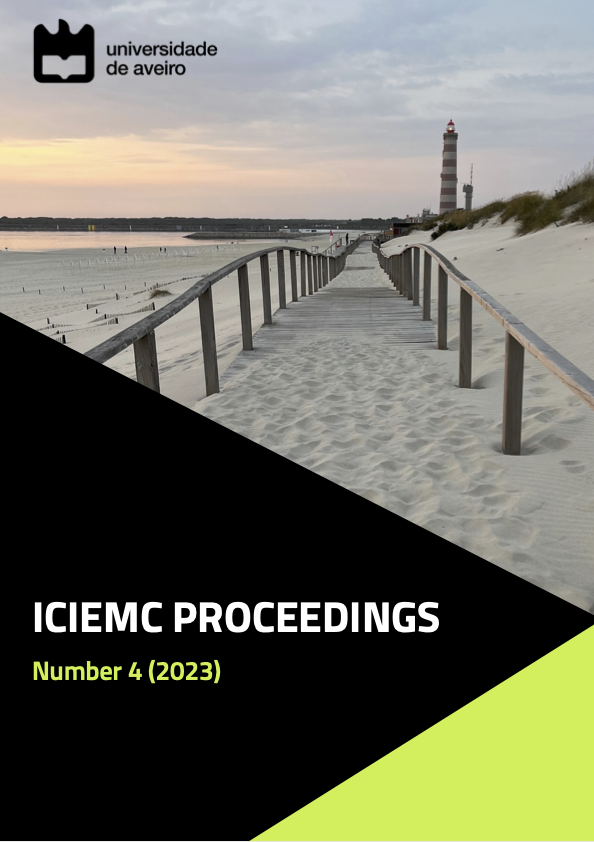An exploratory discussion on motivation, innovation and success in the new digital world
DOI:
https://doi.org/10.34624/iciemc.v0i4.32252Palavras-chave:
success, inner work environment, intrinsic motivation, COVID-19, VOSviewer, digital tranformationResumo
According to the perspective of the authors, the subject of motivation is not trivial but central to organisational study and life. The journey discussed herein started with sport and world leaders, moved on to organisational leadership, and then to the digital transformation we have witnessed, our article hence seeking to spark the debate on motivation, innovation and success. The impact of COVID-19 on employee work motivation and productivity has shown us that employees were more likely to be motivated during a crisis if they felt their company cared about their health and well-being. Worker motivation did indeed decline during the crisis compared to the previous year. The main reasons are a lack of recognition and appreciation, a lack of career opportunities and stress due to the increased workload (including family obligations when working and staying at home longer). The lack of opportunity to socialise face-to-face in the work environment is also a motivation detractor. COVID-19 has had a significant impact on worker motivation. To maintain work motivation during a crisis, it is important that companies address the needs and concerns of their employees and take steps to promote their health and well-being. Clear communication, appreciation and recognition, and flexible working models can also help to maintain employee motivation. Creativity and its promotion is also important. In sport as in the office. One needs to fulfil our destiny as regards our possible contribution to society and our research and experience shows us that motivation will be central to the debate. We have also used IFR – intuitive feeling research – to write this article. As the authors are all experienced, we have relied on that and tapped into it to produce the discussion herein. An article forthcoming by Au-Yong-Oliveira et al. explains IFR in more detail.




